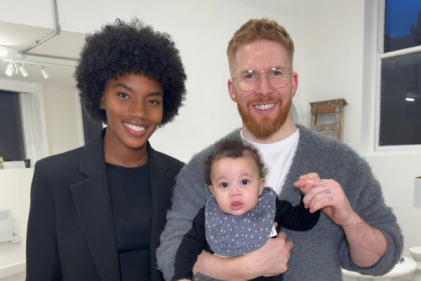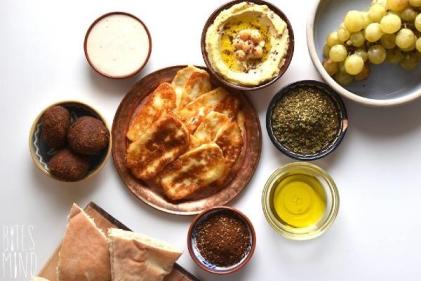Every parent sees discipline in a different way. However, there are two basics you need to understand. If you’re trying to discipline your child to make him or her do what you want them to do, then you’re in for a lot of frustration. If you’re teaching your child what is acceptable, and what is not, then you’re likely to succeed, and raise a well-behaved child, who will grow up to be a productive and pleasant adult.
Children learn by example, so what you do affects how your children will behave. There are a few ways that you can influence their behaviour though.
The first is to have rules. Without rules, your child has no concept of what’s okay, and what’s not. They can be strict or more relaxed, but you must be consistent.
Never use aggressive means, like hidings, to try to teach your child manners or good behaviour. All you will be teaching your child is fear, and that aggression is okay.
Behave in the way you want your child to be. If you want your child to be polite, be polite to him or her. If you want them to share, share with them and be an example.
Make sure that your child understands that even when you won’t allow certain behaviour, you do still love him or her. Say something like ‘I can’t let you have that,’ when taking something away that is dangerous or messy. That way, your child is reassured, and still learns the rules.
Last, but not least, remember your sense of humour. Toddlers can get up to the craziest things, and while learning the rules is important, you still need to have some fun with your child!
Children learn by example, so what you do affects how your children will behave. There are a few ways that you can influence their behaviour though.
The first is to have rules. Without rules, your child has no concept of what’s okay, and what’s not. They can be strict or more relaxed, but you must be consistent.
Never use aggressive means, like hidings, to try to teach your child manners or good behaviour. All you will be teaching your child is fear, and that aggression is okay.
Behave in the way you want your child to be. If you want your child to be polite, be polite to him or her. If you want them to share, share with them and be an example.
Make sure that your child understands that even when you won’t allow certain behaviour, you do still love him or her. Say something like ‘I can’t let you have that,’ when taking something away that is dangerous or messy. That way, your child is reassured, and still learns the rules.
Last, but not least, remember your sense of humour. Toddlers can get up to the craziest things, and while learning the rules is important, you still need to have some fun with your child!




